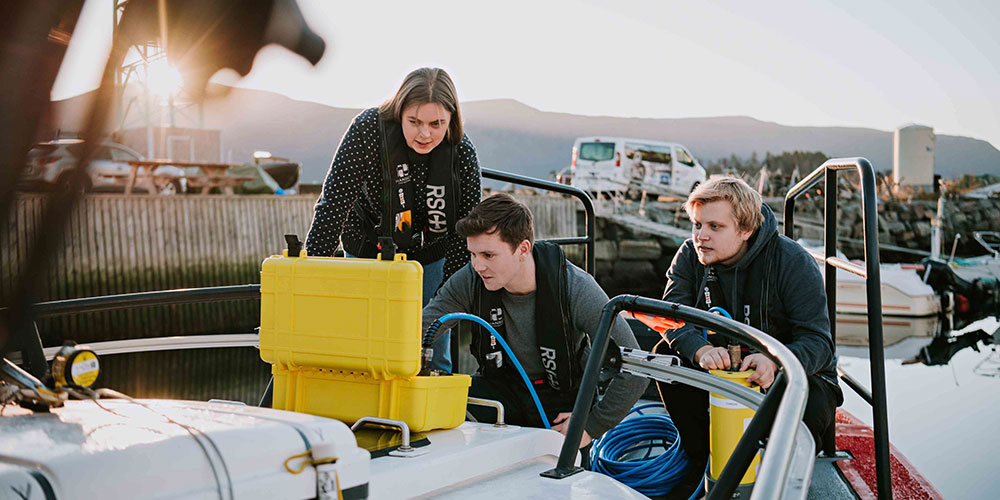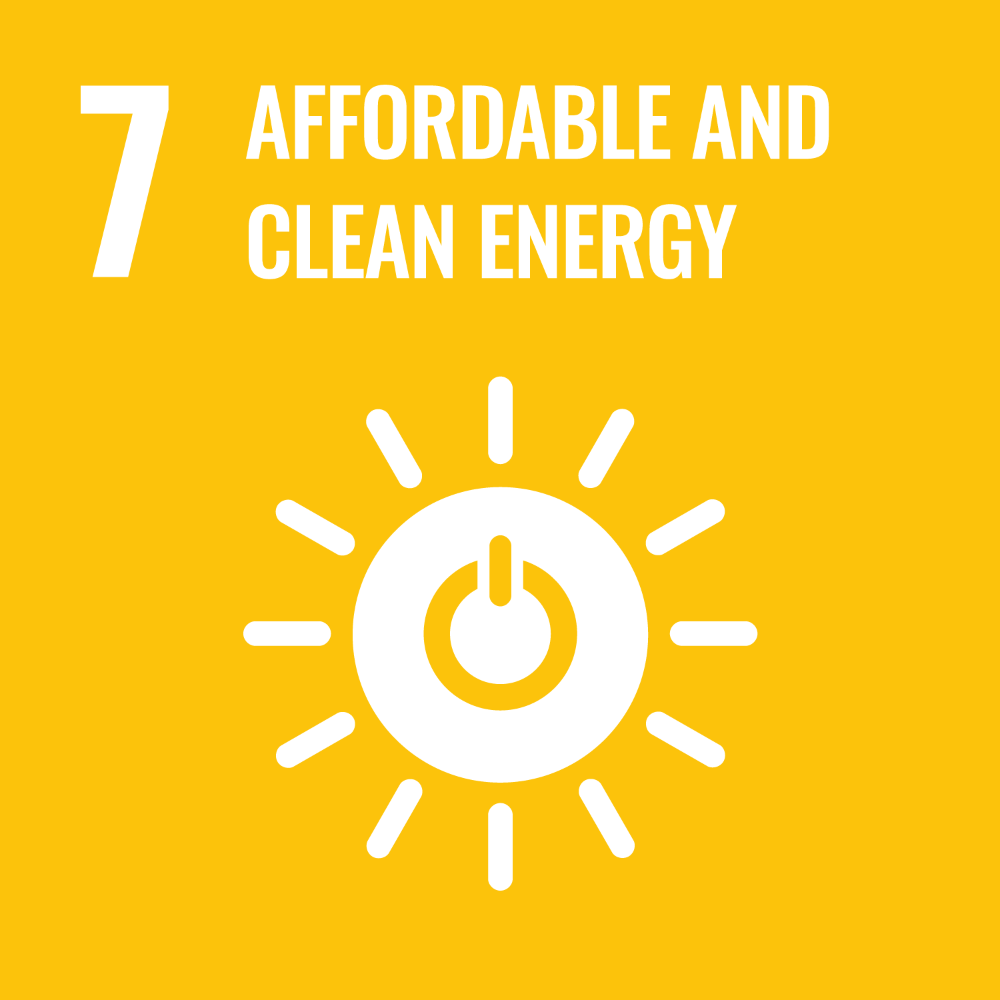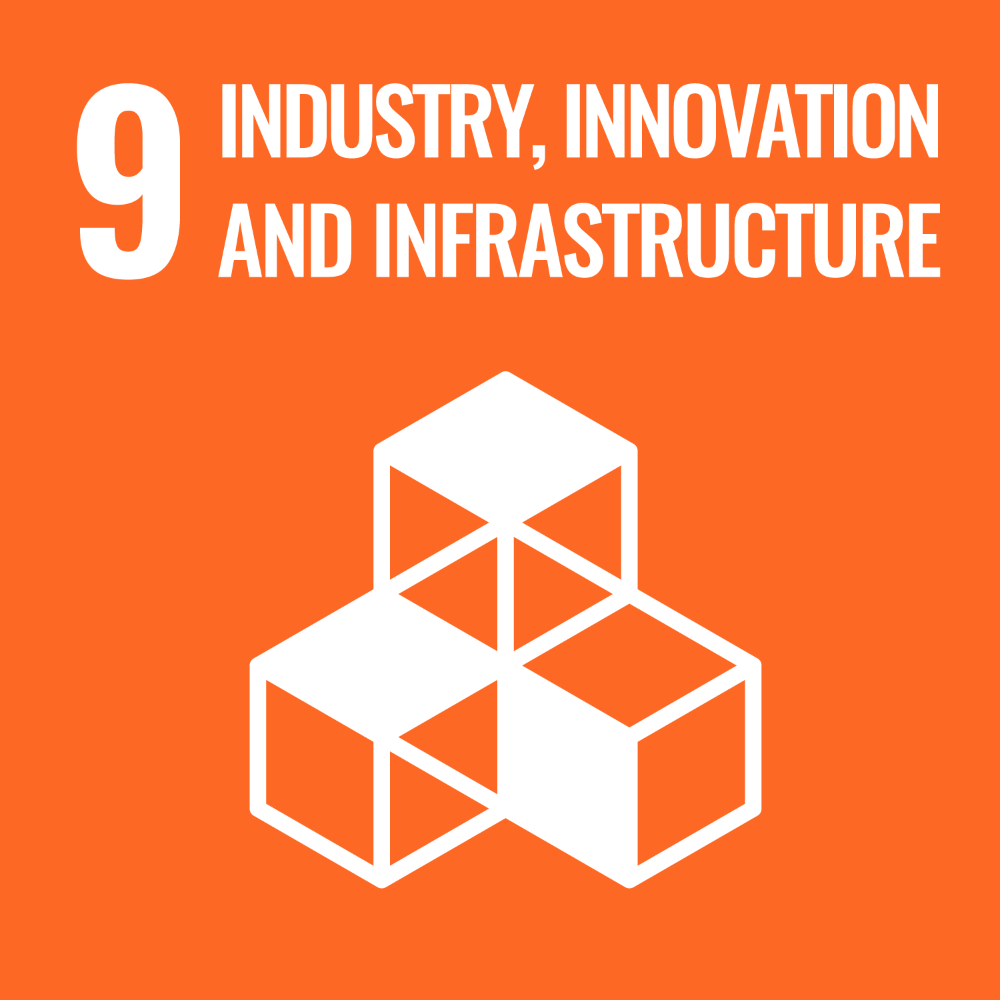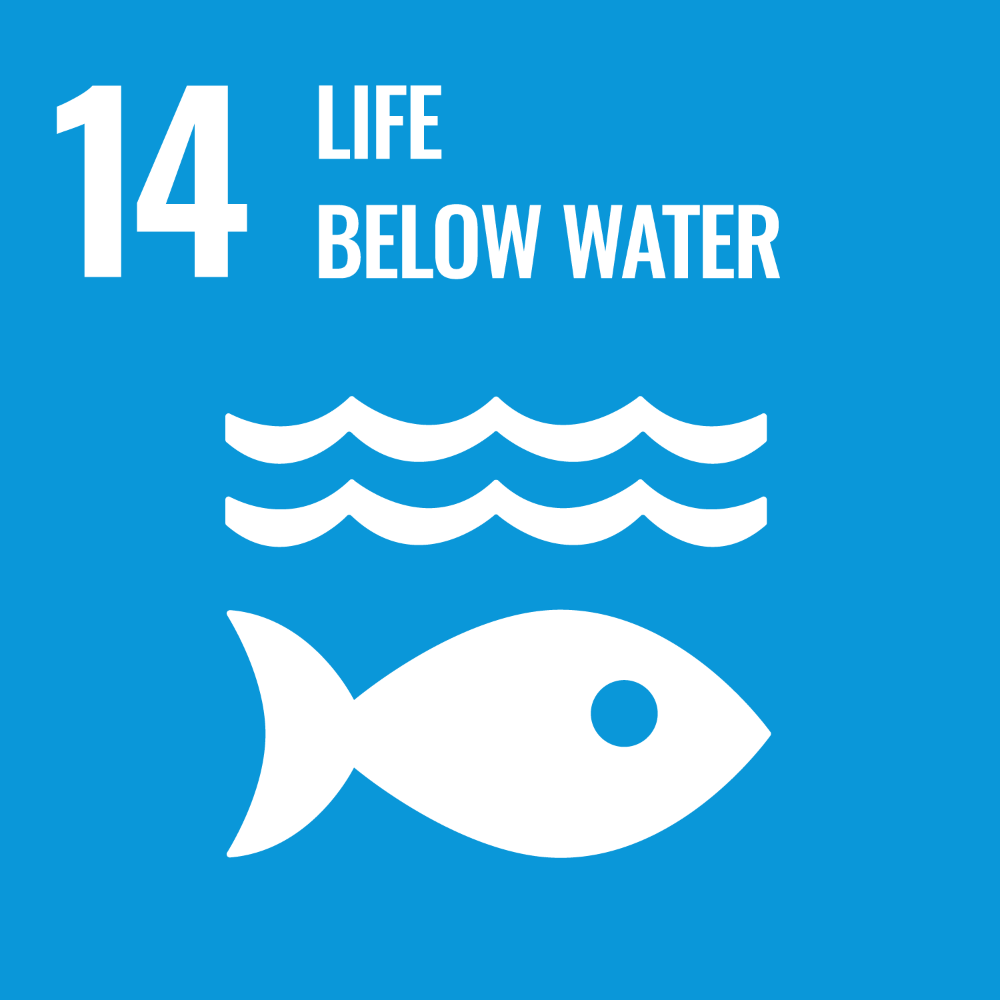What will I learn - Master of Science in Naval Architecture
What will you learn?

This master's programme has a strong emphasis on naval architecture, ship design, and the environment, giving you a comprehensive understanding of these important aspects of engineering. You will have the opportunity to work on real-life engineering problems with a specific focus on cleaning the oceans from plastic pollution.
The programme is designed to provide hands-on experience and to learn about the engineering process, from the initial stages of design to the implementation and integration of technology.
You will learn about systems that address the complex interactions between technology and operators, and how to apply new methods and technologies. You will be challenged in developing new solutions that are smart, safe, environmentally friendly and efficient.
The project group that you will be part of will be working in close collaboration with a customer and the supplier industry, giving you valuable experience in working with diverse teams, entrepreneurship and adapting existing technology to create innovative solutions.
Learn state-of-the-art technology
You get hands-on experience with the latest technology and tools, which are currently used in the industry. You also learn how they can be used to develop innovative solutions.
UN Sustainable development goals
A considerable amount of the World’s transportation is via waterways. On Naval Architecture you learn how to design and develop ships for the future, for a better environment both below and above the sea surface.
 |
 |
 |
 |
